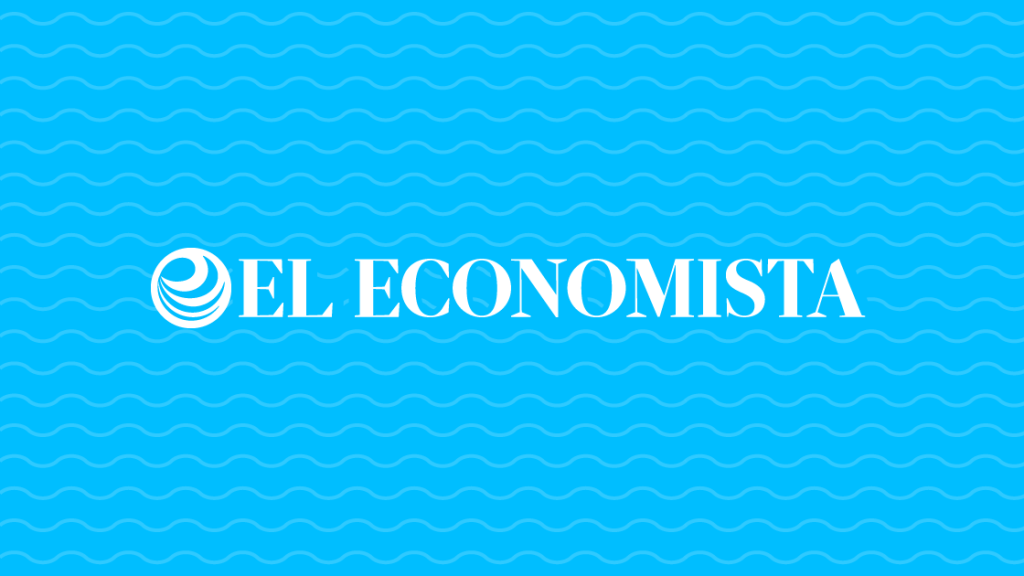Brussels supports the European Union’s proposal on global taxation

Brussels considers the proposal launched by Washington last week to set a global corporate tax floor of “at least 15%” as the door to agreement at the G20 finance ministers meeting, which ends in July.
“This is the best opportunity and the best time for global tax reform,” said German Finance Minister Olaf Schultz. Brussels is confident that this agreement will drive the harmonized corporate tax project in the European Union.
The US Treasury Department announced that it had drafted its proposal to approve a global corporate tax floor of at least 15%, in meetings with officials from other countries on the matter.
The US proposal sparked extraordinary optimism among many European Union finance ministers, who met in Lisbon on Friday.
Germany, which is responsible for coordinating these actions, has been particularly enthusiastic and has indicated that it is “very likely” that an agreement will be reached at the Venice of the G20 in July.
“The proposal to start the discussion from 15% is a major advance. I am very happy that we have the opportunity this summer to come to an agreement that we have worked on for a long time,” Schulz said.
French Finance Minister Bruno Le Maire declared that “it would be a good compromise”, but insisted that the “main issue” was to reach a compromise “as soon as possible” in the two pillars on which the OECD was working. Development (OECD), which would represent a revolution in international taxation.
The first pillar seeks for companies to pay taxes wherever they do business rather than at the location of headquarters, while the second pillar seeks to establish a minimum tax rate for large companies. We have been working for more than four years. France will spare no effort to pave the way for an agreement.
Brussels plans to work hard in the coming weeks to start an agreement between G20 ministers that could be extended to include all 137 countries negotiating the foundations for this new tax system within the framework of the Organization for Economic Cooperation and Development.
The organization’s calculations show that if these plans materialize, about $ 100 billion could be moved from one jurisdiction to another, which would deal a serious blow to tax havens and low-tax countries.
In the European Union, Ireland, Luxembourg and the Nordic countries were the most reluctant to impose minimum fees. Dublin has a tax rate of 12.5%, which is among the lowest.

“Future teen idol. Hardcore twitter trailblazer. Infuriatingly humble travel evangelist.”










